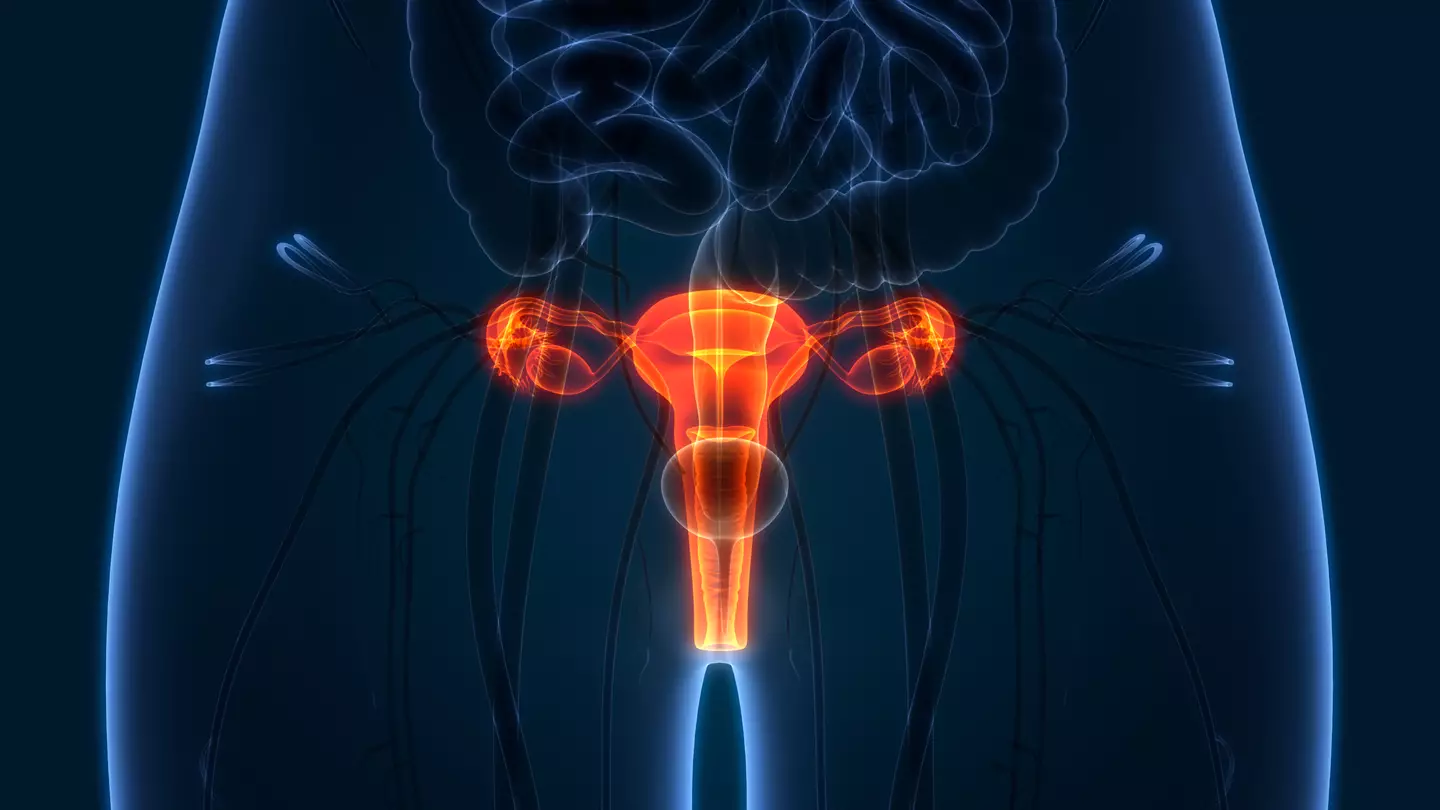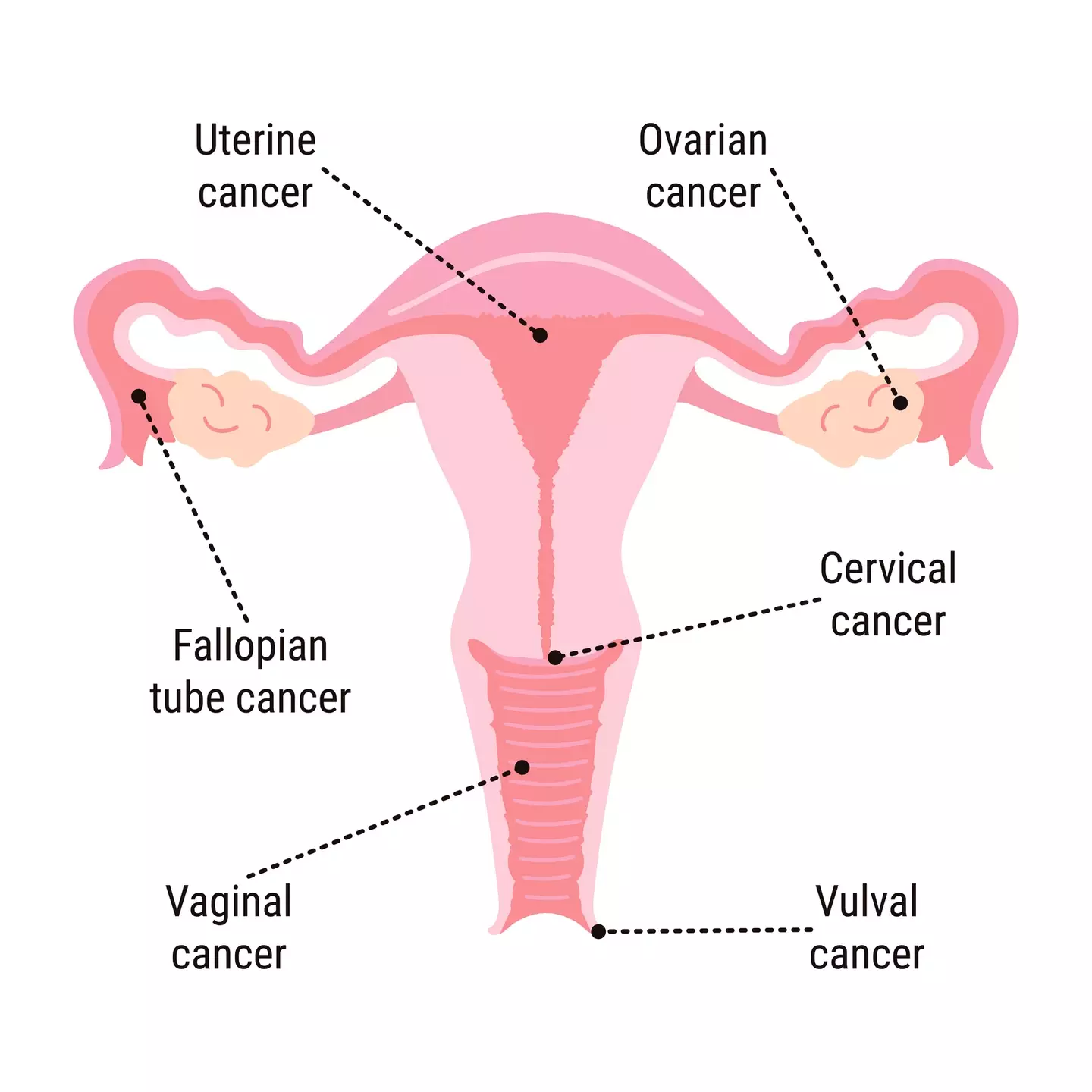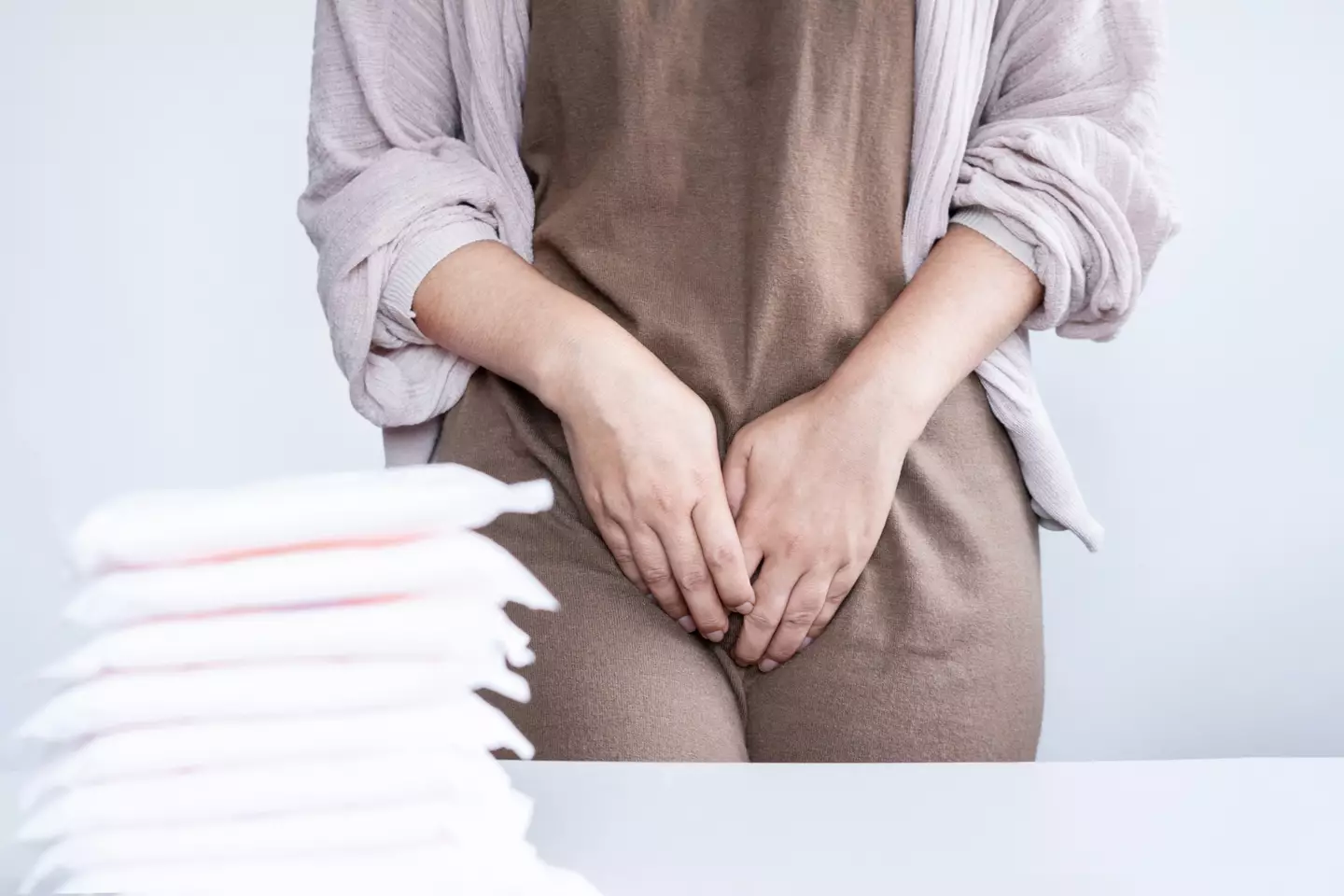
Vaginal cancer is a lesser-known and relatively rare strain of the life-threatening disease that develops in the lining of the vagina.
According to Cancer Research UK, approximately 250 new cases of vaginal cancer are diagnosed every year and it is mostly diagnosed in women over the age of 75.
Sarah was in a minority of woman to be diagnosed with vaginal cancer much younger, after noticing an odd symptom during sex when she was just 38-year-old.
She explained to the Centers for Disease Control and Prevention (CDC): "When I was 38, I began noticing spotting after intercourse. That wasn't normal for me, and due to a prior hysterectomy, I no longer menstruated.
Advert

"At first, it was just a small amount, but became more noticeable after a few weeks. Eventually, I was spotting heavily throughout the day and needed sanitary pads."
She continued: "Other than unusual bleeding, I didn't experience any other symptoms, had no pain, and was otherwise completely healthy. However, the bleeding was getting worse and was so out of the ordinary that it terrified me. I knew something was wrong, and tried to get to the doctor as soon as possible."

Advert
An initial exam showed nothing other than bleeding but when Sarah's doctor followed up with a smear test, it detected abnormal cell changes and that she was positive for HPV.
She then made an appointment with a gynaecological oncologist for a colposcopy and further testing. It was then that she found out that she had cancer.
Sarah recalled the doctor telling her that she had a mass the size of an egg, which a biopsy confirmed was cancerous.
Fortunately, the cancer was localised and after a course of radiation, chemotherapy and interstitial brachytherapy, she was given the all clear.
Advert
Sarah now urges other women to keep up to date with their smear tests so any issues can be caught early.
"Do not let fear, embarrassment, or shame prevent you from finding the help you need. You are not alone," she says.

According to the NHS, other symptoms of vaginal cancer include:
- A lump in the vagina
- Ulcers and other skin changes in or around the vagina
- Bleeding from the vagina after the menopause
- Bleeding after sex or pain during sex
- Smelly or bloodstained vaginal discharge
- Bleeding between periods
- An itch in your vagina that will not go away
- Pain when you pee, or needing to pee a lot
Topics: Health, News, Women's Health, Cancer
